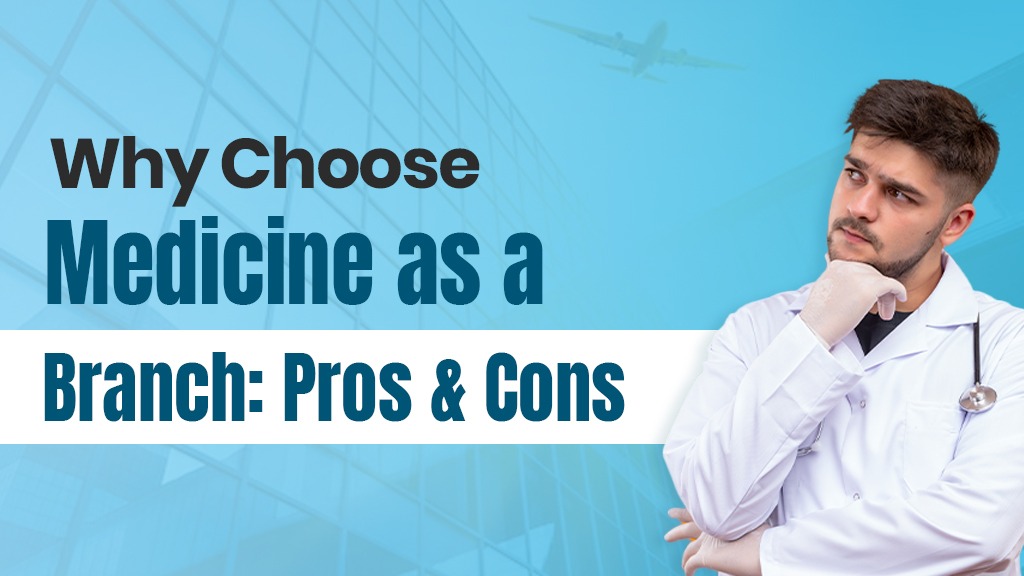Why Choose Medicine as a Branch: Pros & Cons

Why Choose Medicine as a Branch: Pros & Cons Medicine is considered one of the fastest-paced and most in-demand streams in postgraduate courses. The medicine residents have lots of opportunities and challenges with an ever-changing curve of learning. Let us look at the reasons to pursue medicine as a specialization and its drawbacks as a speciality while […]
Conceptual Medicine: The Budget-Friendly Platform for Medicine Residents

Conceptual Medicine: The Budget-Friendly Platform for Medicine Residents Embarking on your journey as a medicine resident is both an exciting and challenging experience. With exhausted schedules and academic demands, it seems overwhelming to manage finances. However, proper strategic planning and resources can result in saving money and excelling in medical residency programs. Conceptual Medicine does not only provide world-class internal medicine […]
